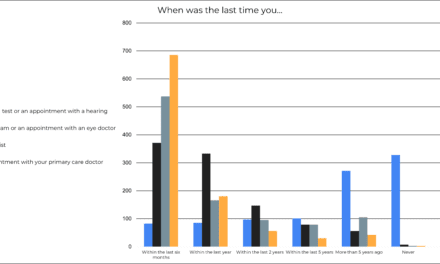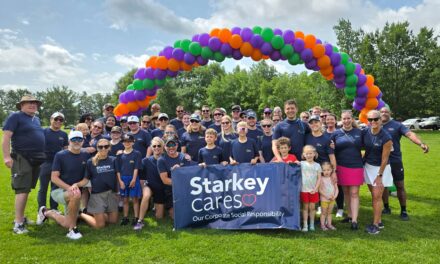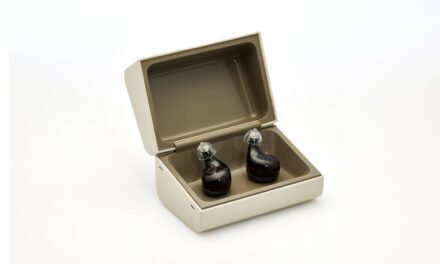As legislation to make hearing aids available over the counter (OTC) makes its way through both houses of Congress, the House of Representatives Subcommittee on Health held a hearing May 2 to discuss this and other legislation related to regulation of medical technologies, according to a posting on the American Speech-Language-Hearing Association ASHA Leader Blog.
At the hearing, held in 2123 Rayburn House Office Building, representatives of the Food and Drug Administration (FDA) and other stakeholder organizations provided testimony. Panelists informed action on the House version of the legislation, the Over-the-Counter Hearing Aid Act of 2017 (HR 1652).
ASHA representatives attended, sharing the position that the most effective hearing health care model features audiologists and consumers collaborating on treatment. While ASHA recognizes there may be advantages to making hearing aids directly available to some consumers with mild hearing loss, it recommends the following changes to HR 1652:
- Restrict OTC hearing aids to people with mild hearing loss;
- Establish safe levels of gain and output (power) for these hearing aids;
- Ensure that OTC hearing aids are available only for adults;
- Establish a means for collecting information on consumer safety and other potential complaints;
- Require labeling strongly recommending seeking audiologic diagnostic and rehabilitative services, and
- Require labels providing consumers with warning signs for conditions that require medical treatment.
ASHA also recommends the establishment of public and private insurance coverage for patients with hearing loss who do not benefit from OTC hearing aids. An ASHA position statement on the hearing aid legislation notes, in some cases, OTC hearing aids may be appropriate as “an early gateway”—specifically for adults with mild hearing loss, with the hearing aids restricted in gain and output thresholds.
The statement also maintains that OTC hearing aids should not be a substitute for coverage of audiologic services by third-party payers.
Read more about the Senate version of the hearing aid bill, S. 670, on the website of Senator Elizabeth Warren (D-Mass.)
The above posting was written by Bridget Murray Law, editor-in-chief for The ASHA Leader, and is reproduced from the ASHA Leader blog.






Now ASHA, let’s help and advocate for kids in Texas and the unending cuts to services!